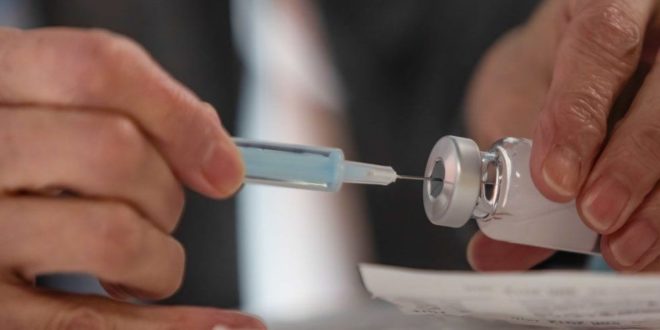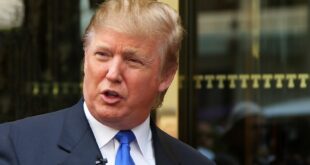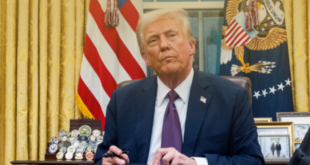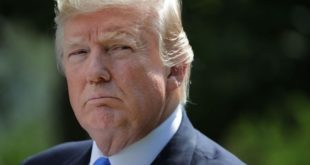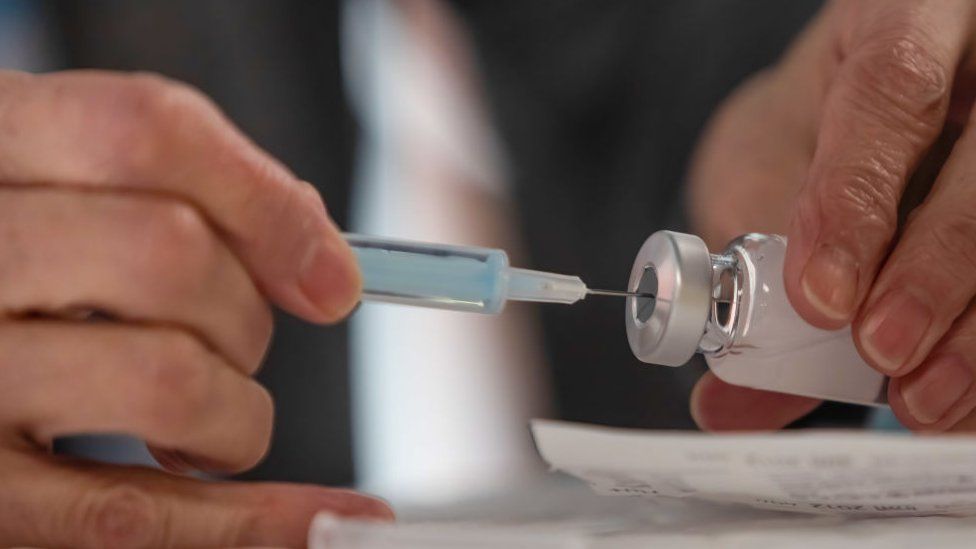
The US will share up to 60 million doses of its AstraZeneca vaccine with other countries as they become available, the White House says.
The doses will be able to be exported in the coming months after a federal safety review, AP news agency reports.
Although the AstraZeneca jab is widely used around the world, the US Food and Drug Administration (FDA) has not yet authorised it.
The US has been under mounting pressure to share its vaccine supply.
Last month President Joe Biden pledged to share about four million doses of the AstraZeneca vaccine with Mexico and Canada – both of which have approved the jab.
The US has a stockpile of the vaccine, even though the FDA has not yet approved it.
On Monday, the White House said it expected that about 10 million doses of the AstraZeneca vaccine could be released when the FDA finishes its review in the coming weeks.
It said that another 50 million doses were in various stages of production.
The US recently announced it would immediately provide raw materials for Indian vaccine manufacturers as the country battles a devastating surge in cases.
In a phone call with Indian Prime Minister Narendra Modi on Monday, President Biden promised more emergency assistance “including oxygen-related supplies, vaccine materials and therapeutics”, a White House statement said.

US seizes chance of ‘vaccine diplomacy’
The US handling of the coronavirus pandemic has had plenty of shortcomings, but vaccine production isn’t one of them. The Biden administration has an abundance of jabs, and now it is sharing some of that bounty with other countries.
The decision to ship as many as 60 million doses of the AstraZeneca vaccine – which have yet to be approved for use in the US – comes at a critical moment, with US neighbours Canada and Mexico continuing to struggle and India facing a devastating surge in cases.
It gives the Biden administration the opportunity to engage in “vaccine diplomacy” – using the shipments to pressure other nations to follow suit and engender goodwill that might help advance other US foreign policy priorities.
At the very least it inoculates Joe Biden from criticism that the US has turned its back on the world as it sat on millions of doses that weren’t needed – or wanted – when they could be saving lives.
The domestic risk for the president seems minimal, as long as the US supply holds up. It signals the administration’s growing confidence that the domestic challenge ahead isn’t one of having enough jabs, but convincing all Americans to receive vaccinations that are already available.
BBC.COM
 Home Of Ghana News Ghana News, Entertainment And More
Home Of Ghana News Ghana News, Entertainment And More
